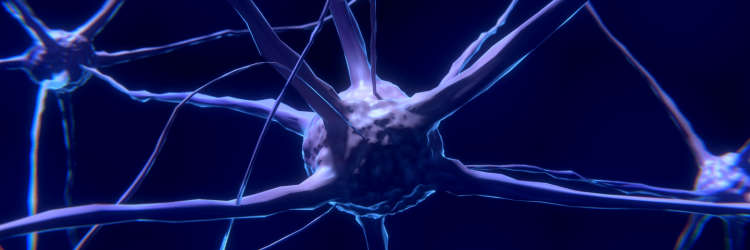International researchers have developed a handheld, non-invasive device that detects Alzheimer’s and Parkinson’s disease biomarkers. The biosensor delivers results wirelessly to a laptop or smartphone. The team presented their findings in the Proceedings of the National Academy of Sciences.
Tests indicate it is as accurate as the state-of-the-art tests currently in use. Ultimately, the plan is to test saliva and urine samples with the biosensor.
The device uses electrical rather than chemical detection and could potentially be used at home and point-of-care locations, like clinics and nursing homes, for neurodegenerative diseases.
Predictions are that by 2060, 14 million Americans will have Alzheimer’s Disease. Other neurodegenerative diseases, such as Parkinson’s, are also on the rise. Current state-of-the-art testing methods involve spinal taps and imaging tests, including an MRI. Early disease detection is difficult, as patients balk at the invasive procedures.

Credit: David Baillot/University of California San Diego
The team focused on the belief that Alzheimer’s disease is caused by soluble amyloid peptides that come together in larger molecules and, in turn, form ion channels in the brain. The device consists of a chip with a high-sensitivity FET. Each transistor is made of a graphene layer that is a single atom thick (GFET and three electrodes–source and drain electrodes, connected to the positive and negative poles of a battery to flow electric current and a gate electrode to control the amount of current flow.
A single DNA strand connects to the gate electrode, which serves as a probe that specifically binds to either amyloid beta, tau, or synuclein proteins. The binding of these amyloids with their specific DNA strand probe, called an aptamer, changes the amount of current flow between the source and drain electrode. The biosensors were able to detect the specific biomarkers with great accuracy, on par with existing state-of-the-art methods. The device works at extremely low concentrations. The technology has been licensed from UC San Diego to a biotechnology startup Ampera Life.

